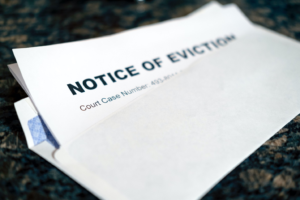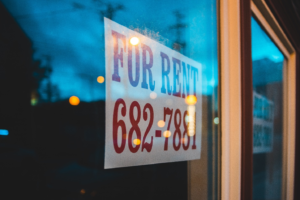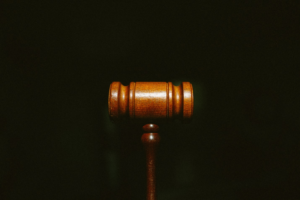
Being a landlord comes with a unique set of challenges and responsibilities. One of the most critical aspects of property management is ensuring that responsible and compliant tenants occupy your property. Unfortunately, situations may arise where you must regain possession of your property due to tenant violations or non-payment of rent. This is when a possession hearing becomes crucial.
If you don’t know anything about the legal procedures and practices, do not worry! Landlord Assist offers landlord legal services to help make your possession hearing easy. This blog will explore what happens at a possession hearing and why landlords should be well-prepared.
Understanding Possession Hearings
A possession hearing, also known as an eviction hearing, is a legal proceeding where a landlord seeks to regain possession of their property from a tenant. These hearings typically occur when a dispute or disagreement between the landlord and tenant cannot be resolved through negotiation or other means. The most common reasons for possession hearings include:
- Non-Payment of Rent: When tenants consistently fail to pay rent on time, landlords may initiate eviction proceedings.
- Lease Violations: If tenants violate the terms of the lease agreement, such as causing damage to the property, disturbing neighbours, or engaging in illegal activities, the landlord may seek possession.
- Expired Lease: If the lease agreement has expired, and the tenant refuses to vacate or renew the lease, a possession hearing may be necessary.

What Happens at a Possession Hearing?
Filing a Complaint
The landlord must initiate the process by filing a complaint with the local court. The complaint should outline the reasons for seeking possession and provide supporting evidence, such as lease agreements, rent payment records, or photographs of property damage.
Serving Notice
The tenant must be served with a notice to appear in court. This notice typically includes the hearing’s date, time, and location. Following the legal process for serving notice is crucial, as failure to do so correctly can lead to delays in the eviction process.
Hearing Date
The landlord and tenant will attend the possession hearing in court on the scheduled date. Both parties need to be punctual and well-prepared.
Presenting Evidence
During the hearing, both parties have the opportunity to present their case. The landlord may provide evidence supporting their claim, such as lease agreements, rent payment records, and photographs. The tenant can also give their side of the story, including any defences they may have.
Judgment
After considering the evidence and listening to both parties, the judge will make a judgment. If the landlord’s case is successful, the judge may issue an eviction order, specifying a deadline for the tenant to vacate the property.
Enforcement of Order
Suppose the tenant fails to comply with the eviction order. In that case, the landlord may need to involve law enforcement to remove the tenant and regain possession of the property.
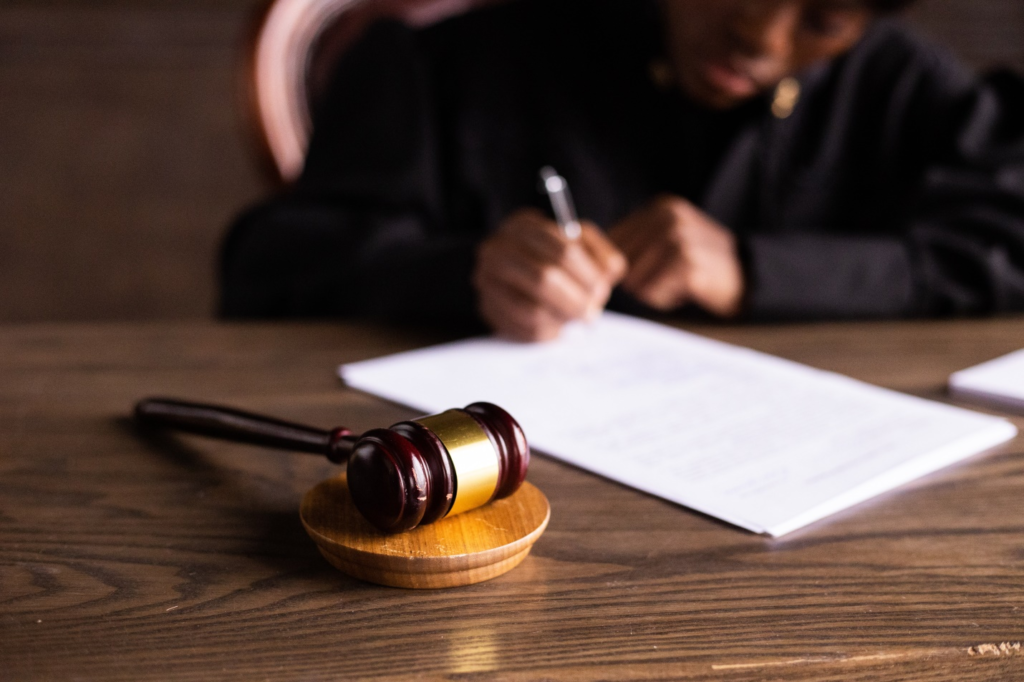
Why Landlords Should Be Prepared
Possession hearings can be an emotionally charged for landlords and tenants. Here’s why landlords need to be well-prepared, and let’s delve into each point in more detail:
Legal Compliance
Landlords must follow all applicable local and state laws when seeking possession, which involves more than just filing the paperwork. Keeping abreast of changing regulations, ensuring the property meets safety standards, and adhering to all eviction-related legalities are essential to legal compliance.
Documentation
Keeping accurate records of lease agreements, rent payments, and communication with tenants is crucial. Beyond that, maintaining a comprehensive record-keeping system can also help landlords track maintenance requests, property inspections, and any interactions that may become pertinent during a possession hearing. Detailed documentation can strengthen a landlord’s case and demonstrate reasonable faith efforts to resolve issues.
Understanding Tenant Rights
Landlords should know tenant rights in their jurisdiction and stay informed about any recent legal changes or updates. A thorough understanding of tenant rights can help landlords anticipate potential issues and take proactive steps to prevent disputes from escalating to the point of a possession hearing.
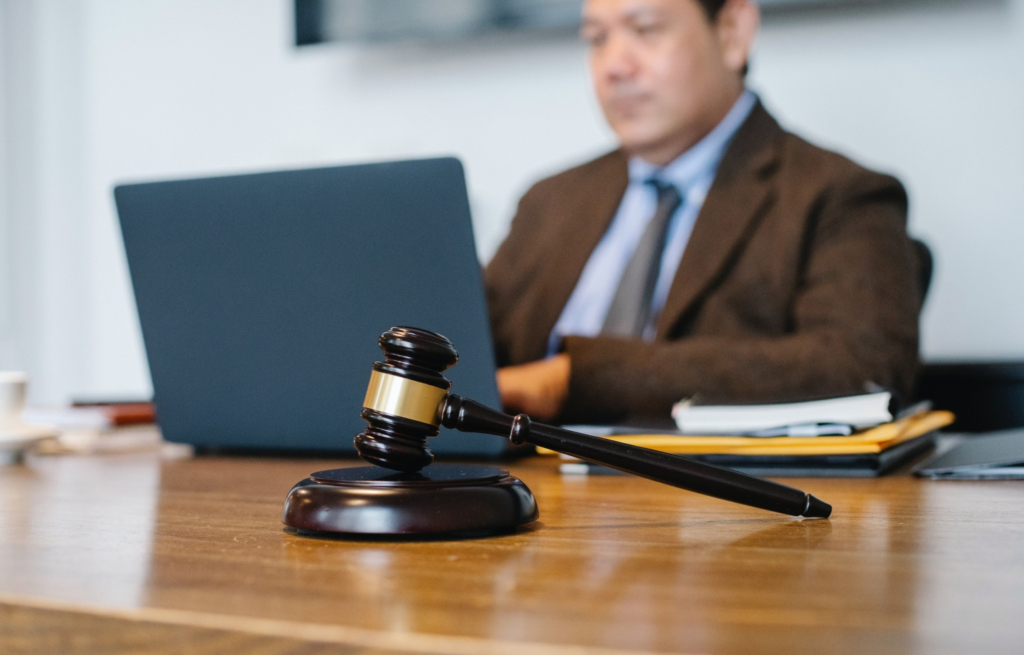
Professional Legal Assistance
In complex cases or when dealing with challenging tenants, it is not just wise but often necessary for landlords to seek professional legal counsel. Attorneys experienced in landlord-tenant law can provide invaluable guidance, ensure all legal procedures are followed correctly, and represent the landlord’s interests effectively in court.
Alternative Dispute Resolution
Instead of jumping straight into a possession hearing, landlords may consider alternative dispute resolution methods, such as mediation or negotiation, to resolve issues with tenants amicably. These approaches can save all parties involved time, money, and stress while preserving the landlord-tenant relationship.
Ready to navigate a possession hearing successfully? Trust Landlord Assist, your experts in landlord and tenant services, specialising in tenant eviction services UK and landlord legal services UK. Our award-winning property experts with a 15-year track record will guide you through the process.
Contact now.


